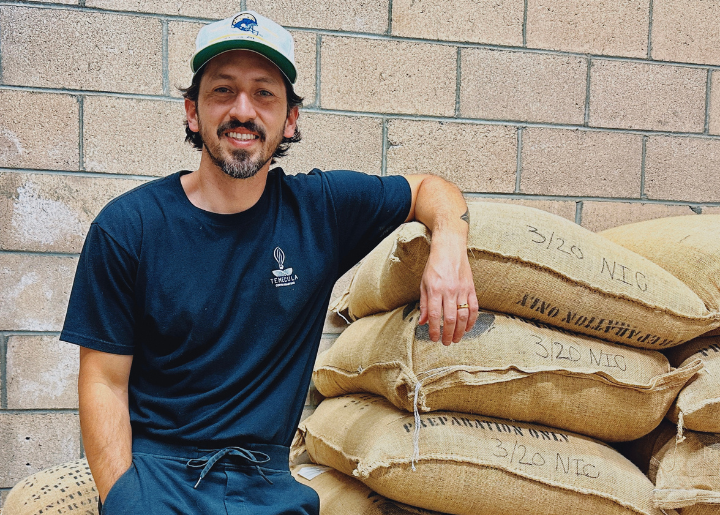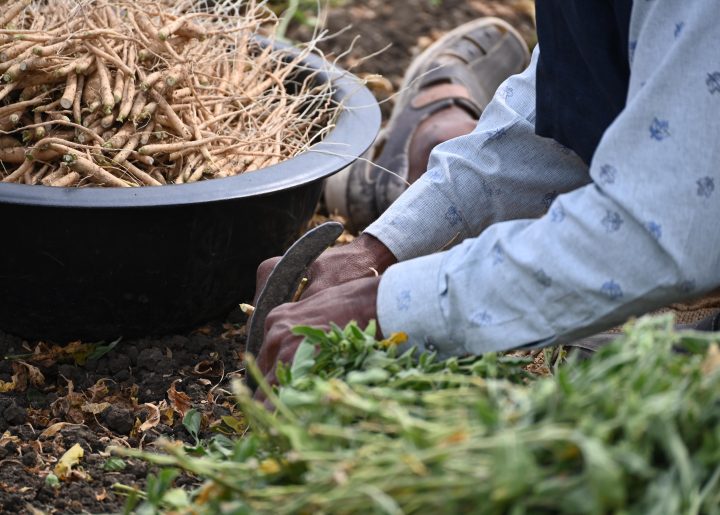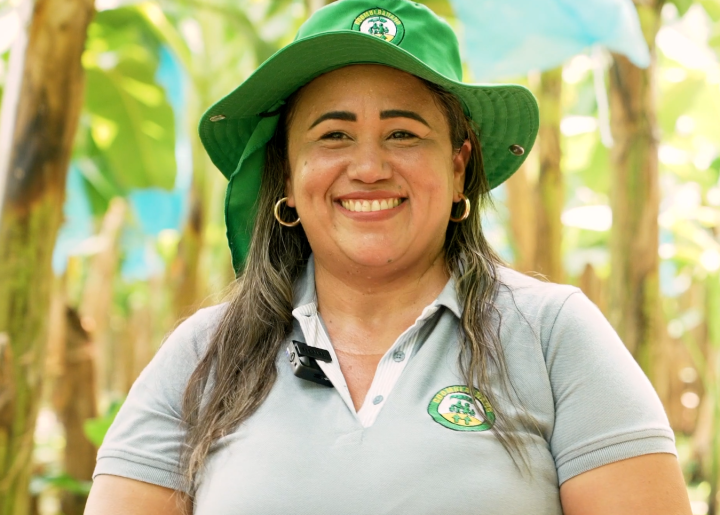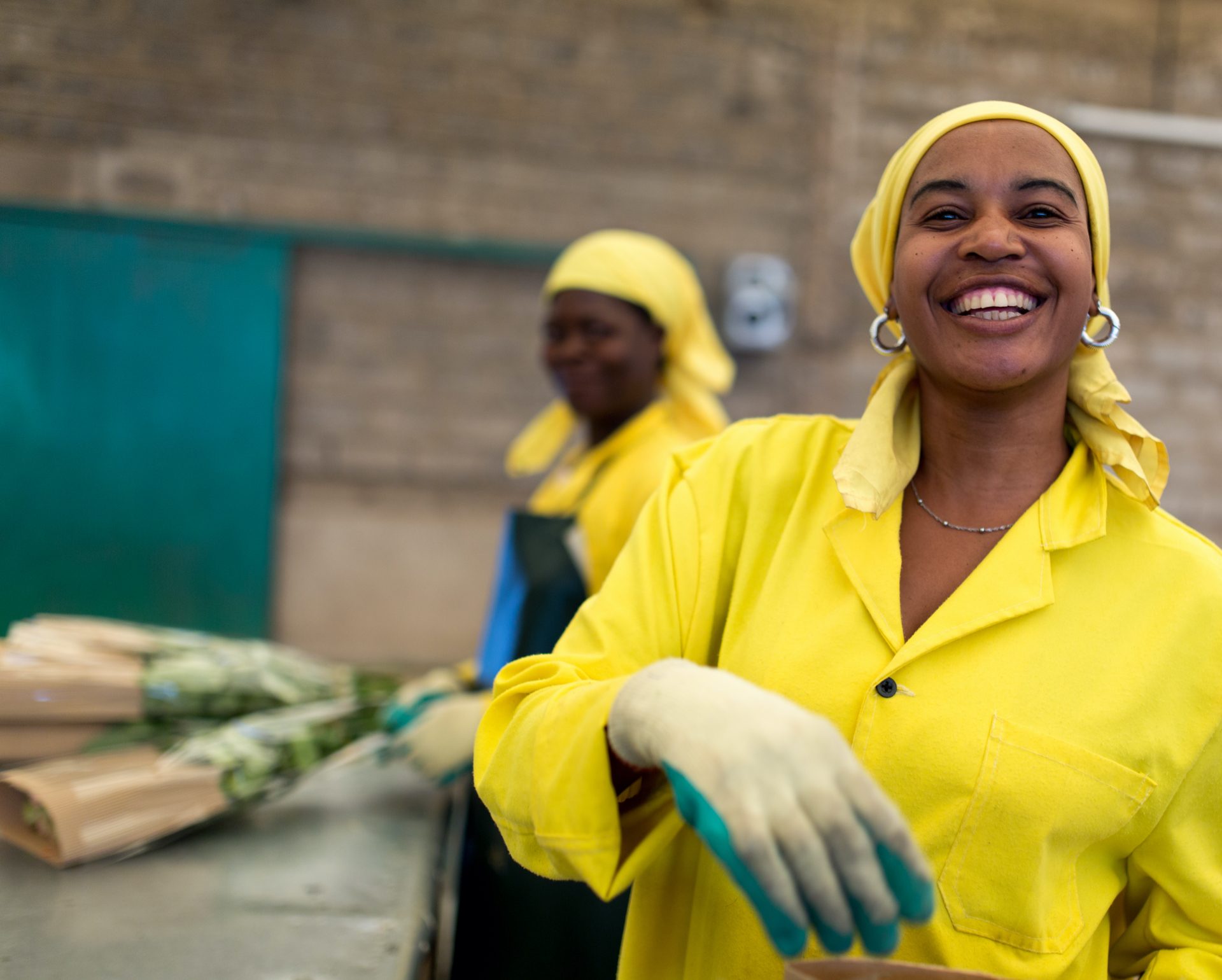Study Shows 69% of U.S. Consumers Demand Verification of Retailer & Brand Claims About Sustainability
WASHINGTON – Jan. 11, 2023 – Fairtrade America, the Marine Stewardship Council (MSC), and the Non-GMO Project have partnered to launch the “Little Labels, Big Impact” campaign to draw attention to third-party certification labels on food products that help build more sustainable and resilient food systems for people and the planet. Nearly 70% of American seafood consumers demand that retailers’ and brands’ claims about sustainability and the environment be clearly labeled and third-party verified (GlobeScan 2023).
Little Labels, Big Impact encourages American shoppers to look for little labels when grocery shopping to support products that support their values. The campaign, which runs throughout January, highlights the value of third-party certification programs and the importance of market-based solutions in driving critical environmental and social change in our food systems. This is especially important as consumers increasingly demand third-party verification of products with a recent survey showing that about half (49%) of American seafood consumers say ecolabels on products raise their trust and confidence in the brand (GlobeScan 2023).
In January and beyond, shoppers can look for the Fairtrade Mark, MSC blue fish, and Non-GMO butterfly in aisles around their local grocery stores.
- The blue and green Fairtrade America label can be found on items like coffee, tea, chocolate, bananas and other produce, cotton and more.
- The MSC blue fish can be found on wild-caught seafood in the canned or pouched fish aisle, on frozen seafood, at the seafood counter, and even pet food and supplements.
- The orange butterfly label by the Non-GMO Project can be found on fresh and packaged foods — especially those containing corn, soy and sugar derivatives — dairy, meat and eggs, fruit and vegetables, snack foods, vitamins and supplements, vegetable oils, body care products and more.
“Joining with Fairtrade America and Non-GMO Project is not only a great way to amplify the important work of our certification programs on sustainable food systems. It is an opportunity to encourage consumers to pay attention to the labels on food products they’re buying or already have in their kitchens,” said Nicole Condon, US program director, Marine Stewardship Council. “A lot of dedicated time and effort went into those labels — from the harvesters to the auditors, to the brands themselves — so that shoppers have a clear option to shop their values among products with trusted third-party verification. Looking for these three labels is a great way to start the new year on a positive foot, for both people and the planet.”
Fairtrade America, Marine Stewardship Council, and the Non-GMO Project are all driven by their collective mission to change how food is harvested or traded. The three labels each represent rigorous standards with requirements that certified companies need to follow to be able to use the mark. This requires third-party audits and may include laboratory testing and supply chain accountability that allows for “identity preservation” as well as strict segregation of ingredients or products that are compliant with the standards from ingredients that are not.
The nonprofits publish their standards on their websites to give shoppers full transparency. Brands both large and small voluntarily showcase this compliance by including the Fairtrade, MSC, or Non-GMO Project certifications on their packaging.
ABOUT THE LABELS
- The Fairtrade Mark works towards rebalancing trade. By choosing Fairtrade, you are choosing to prioritize the farmers and workers behind our everyday purchases. You are choosing products that are certified to meet the rigorous Fairtrade Standards developed in partnership with producers.
- The MSC blue fish label is an ecolabel that helps shoppers and diners identify seafood that is wild-caught and that has been independently verified for environmentally sustainable fishing practices. By purchasing products with the MSC blue fish label, consumers are directly supporting well-managed fisheries that have been assessed by a third party on their impacts on wild fish populations and the ecosystems they’re part of.
- GMOs (or genetically modified organisms) are living organisms whose genetic material has been manipulated in a laboratory through genetic engineering, creating combinations of plant, animal, bacteria, and/or virus genes that do not occur in nature or through traditional crossbreeding methods. Non-GMO Project verification means that a product is compliant with the Non-GMO Project Standard, the most rigorous third-party standard for GMO avoidance, which includes stringent provisions for ingredient testing and traceability and the most up-to-date definitions around new GMO techniques.
By choosing products with the Fairtrade, MSC and Non-GMO Project labels, shoppers’ small steps at the grocery store can make a big positive impact. By purchasing certified products, shoppers are supporting the people all along the supply chain working hard to make our planet a better place.
Topics
We’re in this together
Fairtrade America partners with brands on the journey to certification and beyond. We can help with everything from finding a certified supply chain to marketing your newly certified product.
Get in Touch



